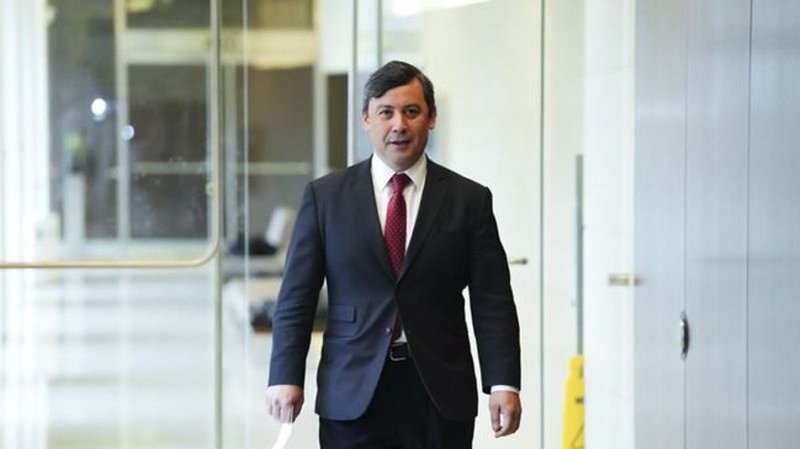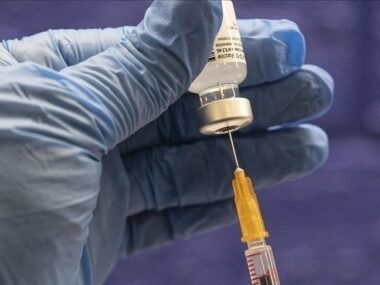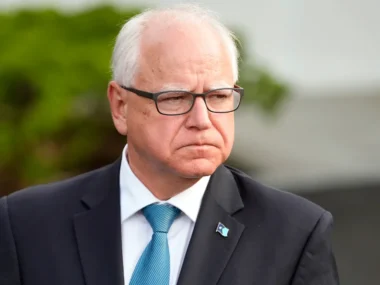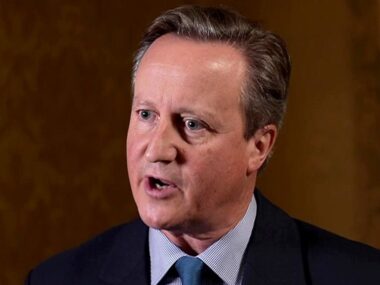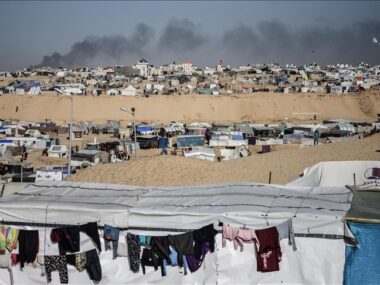In Washington, the Canadian Conservative Member of Parliament who has been at the center of Canada’s foreign interference controversy is sharing his account today with U.S. lawmakers on Capitol Hill.
Michael Chong, whose narrative involving Chinese intervention has posed political challenges for Canada’s federal Liberal government, is providing testimony before the Congressional-Executive Commission on China. This commission, founded in 2000 to monitor Beijing’s human rights practices, comprises bipartisan representatives from the U.S. Senate, House of Representatives, and executive branch officials.
Chong’s primary objective is to emphasize the extensive extent of Chinese foreign interference, both in North America and across the globe.
He states that he will advocate for a closer alignment between the United States and Canada in presenting a unified stance towards China.
Chong remains undeterred by the possibility that his testimony might make him an even more conspicuous target for Beijing, especially in the U.S. He believes that he is targeted because he is effective in his efforts and feels an obligation to continue speaking out to support those whose stories of being targeted by foreign interference often go untold.
Other scheduled witnesses include Yana Gorokhovskaia from the pro-democracy think tank Freedom House, Laura Harth, the campaign director for the human rights group Safeguard Defenders, and Uyghur activist Rushan Abbas.
The commission accuses China of attempting to reshape global norms systematically and resorting to tactics such as forced renditions, surveillance, online harassment, and physical assaults to intimidate dissidents and political prisoners. Witnesses will discuss these tactics, specific cases, and targets in the United States, Canada, and worldwide, as well as explore ideas for further congressional and administrative actions and transatlantic cooperation.
The commission’s database includes Michael Kovrig and Michael Spavor, two Canadians who were arrested and detained in China for nearly three years, seen as retaliation for Canada’s detention of Huawei executive Meng Wanzhou. Meng, the chief financial officer and daughter of Huawei founder Ren Zhengfei, was arrested in Vancouver in 2018 on an extradition warrant related to charges of bank and wire fraud by the Justice Department.
Both in Canada and the U.S., discussions about China and foreign policy often involve partisan politics, especially since the COVID-19 pandemic and its impact on global supply chains. In the U.S., decisions are influenced by efforts to reduce dependence on Chinese suppliers for raw materials, manufactured goods, and high-tech components like computer chips and battery minerals.
In Canada, where the government’s handling of allegations of Chinese foreign interference has sparked controversy, a public inquiry is set to begin soon. Chong believes that the federal Liberal government has not done enough to strengthen its foreign policy approach to China, even as the U.S. and other democracies take a more assertive stance.
The 16-month inquiry, led by Quebec Court of Appeal Justice Marie-Josee Hogue, will examine alleged meddling in Canadian affairs by China, Russia, and other foreign states and non-state actors. An interim report is expected by the end of February, and a final report by the end of December 2024.
In May, the government confirmed the detection of a Chinese plot in 2021 to intimidate Chong and his relatives in Hong Kong. The Liberal government expelled Chinese diplomat Zhao Wei in response, which led to China expelling Canada’s consul in Shanghai and accusing Canada of breaching international law.
Chong’s alleged targeting in 2021 followed his sponsorship of a motion in the House of Commons labeling Beijing’s treatment of Uyghur Muslims as a genocide. However, he was never informed of the potential threats, which he described as a “systematic breakdown in the machinery of government.”
Former governor general David Johnston examined the issue but did not recommend a public inquiry, causing further political division. Johnston’s report concluded that the government had not knowingly or negligently failed to act, and Prime Minister Justin Trudeau had not been briefed about specific allegations.
This report by The Canadian Press was initially published on September 12, 2023, by James McCarten.

